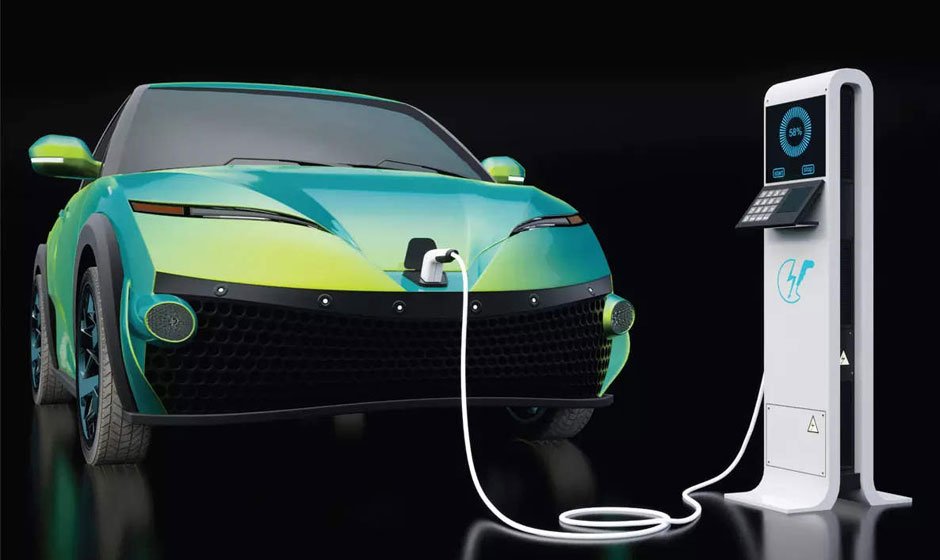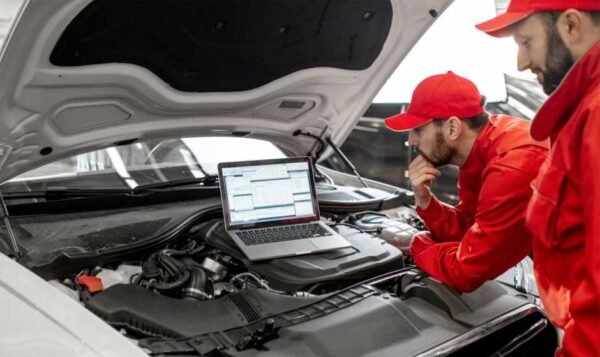Electric Cars vs. Combustion Engine Cars: Weighing the Pros and Cons

We’re now seeing more electric cars on the road – and the stats around sales reflect that.
Last year, it was revealed that EV sales in the UK had reached an all-time high. According to a government report, there are over a quarter of a million EVs on UK roads, while 327,000 plug-in vehicles were registered in 2021. This was a 77% rise compared to 2020.
With the popularity of electric cars rising, it’s clear that there’s been a shift towards this alternative mode of transport. If you’re weighing up whether to go electric for your next motor, take a look at the pros and cons before you make your decision.
Electric cars: advantages and disadvantages
One of the main pros of electric cars is that they’re greener than petrol and diesel. The UK government has pledged to reach carbon zero by 2050, so we’re seeing the phasing out of diesel and petrol cars, with a ban on the sale of these cars set for 2030.
As well as being better for the environment, EVs are quieter than their combustion engine counterparts, plus, they’re easier to operate.
However, they do come with some drawbacks. One of the major ones is that the infrastructure isn’t quite right yet for us to have just EV on the roads. Battery charges need to last longer and we need more charging points that work – something that’s still not in place.
Combustion engines: advantages and disadvantages
We’re familiar with petrol and diesel cars. This familiarity is likely one of the main reasons why many motorists aren’t quite ready to swap for an EV. Also, there are plenty of petrol stations around, making it relatively easy to find one when fuel is running low.
We also understand how servicing a standard motor works, along with knowing how to apply for things like gap insurance and other types of cover when driving these cars.
The major cons however are that this type of vehicle is bad for the environment. Emissions are high, and the fuel used to power these cars is a major contributing factor towards greenhouse emissions.
Additionally, the cost of fuel is high. We’ve seen prices soar during the cost-of-living crisis.
Practical considerations
As well as weighing up these factors, it’s worth considering what could be easier for you and your household. For instance, while we’re acquainted with how combustion engines run, electric vehicles are simpler to service. This is because their makeup isn’t as intricate as petrol and diesel cars.
Additionally, the overall costs are likely to be a deciding factor. While the initial outlay for an electric vehicle can be a lot, overall, it could work out cheaper to run.
Take the time to establish what type of car you need and how it will benefit you and your family in the long run.



